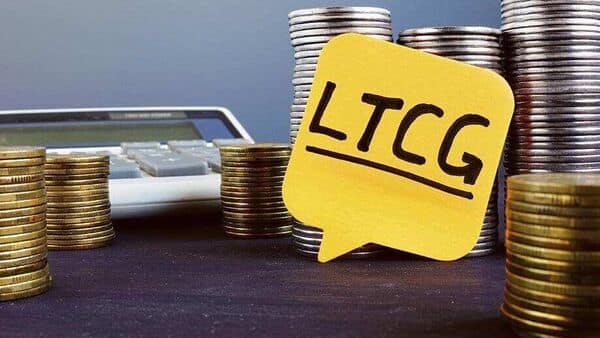Section 54 of present tax laws allows you exemption on long term capital gains on sale of a residential house if you invest the indexed long term capital gains for purchasing or constructing a resident house within specified time limits
The finance minister has proposed some provisions dealing with capital gains in the budget presented Wednesday. In this article I shall discuss the main proposals relating to capital gains.
Cap on availing long term capital gains by Investment in a residential house
Present Tax laws allow you exemption from long term capital gains if you invest in acquiring a residential house within specified time limits. Section 54 allows you exemption on long term capital gains on sale of a residential house if you invest the indexed long term capital gains for purchasing or constructing a resident house within specified time limits. Likewise, Section 54F allows you exemption from long term capital gains on sale of any asset other than a residential house if you invest the net consideration received to buy or construct a residential house within specified time limits.
Presently there is no restriction on the amount upto which you can claim the exemption from long term capital gains by investing in a residential house. The proposal in the budget attempts to put a cap of 10 Crores for value of investment in residential house in respect of which you will be able to claim exemption either under Section 54 or 54F. Please note the proposal does not put any restriction on the value of the residential which you can buy or invest in, what the proposal provides is that in case the investments in the residential house exceeds ten Crores, the deduction will be claimed with respect of ten crores only.
In case the full amount of indexed capital gains in case of Section 54 and full net consideration received in case of Section 54F is not invested for acquiring a residential house, the exemption available gets reduced proportionately.
Taxation of Market Linked Debentures
Market linked debentures are new innovation in the financial market where your returns are linked with the return generated by some external security or equity benchmark. This provides capital protection to the investors and at the same time lets the investors participate in the returns generated by underlying security or indices. Present laws do not have any clarity on taxation of such market linked debentures. The budget proposes to provide for methodology for taxation of profits realised on transfer/redemption of such market linked debentures. The finance minister has proposed that any profit made on market linked debentures shall be treated as short term capital gains irrespective of the holding period. The proposal also provides that in addition to the cost of acquisition/purchase the investor will be allowed to claim deduction in respect of expenditure incurred in connection with such transfer but no deduction shall be available in respect of any Security Transaction Tax (STT) paid for such transaction.
Gold Deposits
Due to Indian Obsession with gold, gold constitutes significant portion of our import bill. In order to reduce physical import of gold, a gold monetization scheme was launched by the government which has two schemes. One is gold deposit scheme and the other is sovereign gold bonds. Under gold deposit scheme one can tender physical gold against which an electronic receipts of gold are issued based on purity of the gold/jewelry tendered and the investor earn interest on such deposit made. You can take delivery of physical gold or cash on maturity. Though tax implications for investments in sovereign gold bonds are clearly provided but there is no clarity about tax treatment of the gold offered for conversion into electronic gold receipt and vice versa. The budget proposes to provides such clarity.
The budget provides that when the gold is exchanged for electronic gold receipts, the period for which the same was held in physical form shall also be included for computing the holding period. In case when the Electronic Gold receipts are converted into physical gold, the holding period of such electronic gold receipt shall also be included. Conversion from physical gold to electronic gold receipt and vice versa shall not be treated as transfer for capital gains purpose. This clarification will come a long way in assuring those who have physical gold and wish to earn interest offered by converting it into electronic gold receipts which can again be converted into physical gold for taking delivery without having to pay any capital gains tax.
I am sure the above discussion will help you understand the capital gains provisions better.
Download the Mint app and read premium stories
Log in to our website to save your bookmarks. It’ll just take a moment.
You are just one step away from creating your watchlist!
Oops! Looks like you have exceeded the limit to bookmark the image. Remove some to bookmark this image.
Your session has expired, please login again.
You are now subscribed to our newsletters. In case you can’t find any email from our side, please check the spam folder.
This is a subscriber only feature Subscribe Now to get daily updates on WhatsApp

